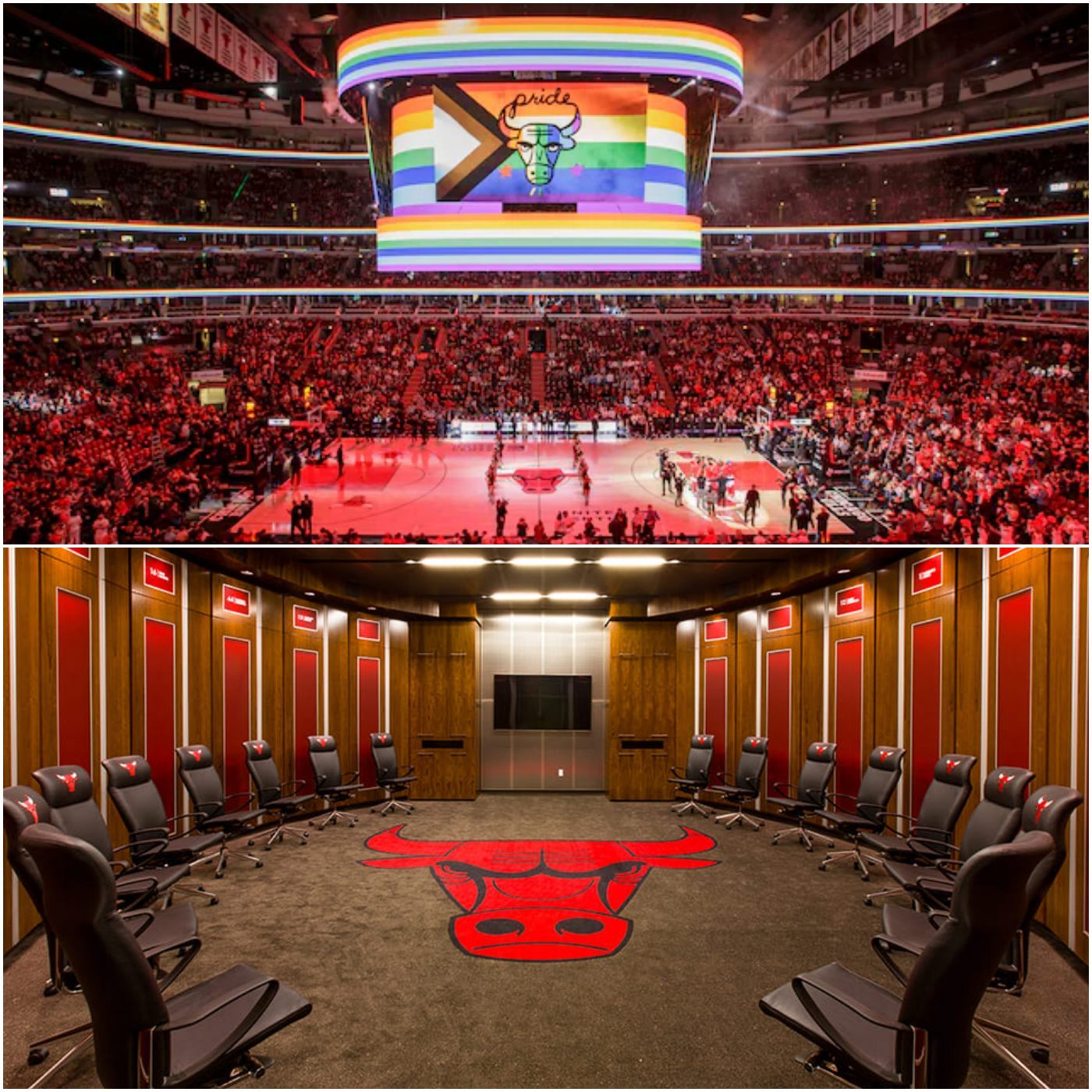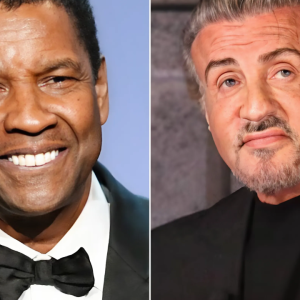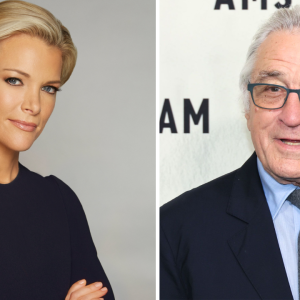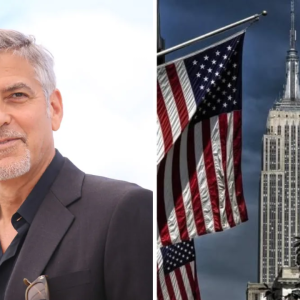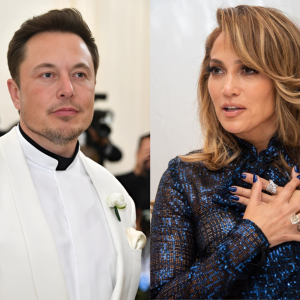The Chicago Bulls are facing significant backlash after their recent support for Pride Night, resulting in a notable drop in both social media followers and a loss of major sponsorship deals. In the wake of their Pride Night event, the iconic NBA team has seen a decline of 100,000 followers on social media platforms and a staggering $180 million in sponsorship revenue evaporate, sparking a fierce debate about the intersection of sports, activism, and fan loyalty.
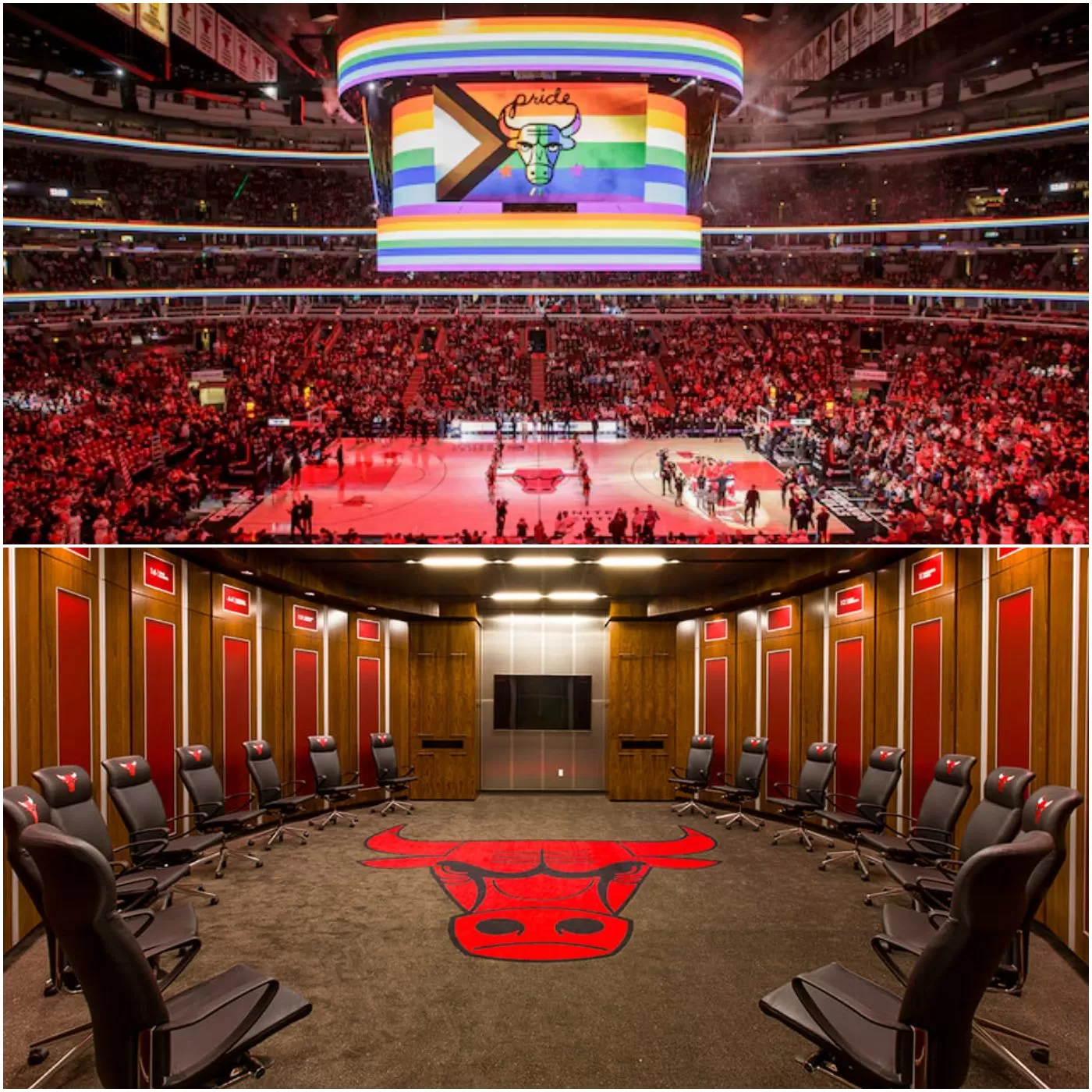
The controversy erupted when the Chicago Bulls, following in the footsteps of several other professional sports teams, hosted a Pride Night celebration aimed at showing support for the LGBTQ+ community. The event was part of the NBA’s broader efforts to promote inclusivity and diversity within the league. However, the Bulls’ initiative did not sit well with a significant portion of their fan base, many of whom took to social media to express their displeasure. Critics argued that the team’s involvement in political and social issues was detracting from the sport itself, while others accused the organization of “virtue signaling” and pandering to a specific agenda. The resulting backlash has been swift and financially damaging.
One of the immediate consequences was the loss of followers on the Chicago Bulls’ social media accounts. Within days of the Pride Night event, the team saw a significant dip in their social media metrics, particularly on platforms like Twitter and Instagram. The drop of 100,000 followers has raised alarms within the Bulls’ marketing and communications departments, who are now grappling with the impact of alienating a portion of their fan base. While some supporters rallied around the team’s stance on LGBTQ+ rights, a vocal group of detractors voiced their frustrations, leading to the sudden spike in unfollows.
Beyond social media, the Bulls are facing more severe financial consequences. Multiple high-profile sponsors have reportedly pulled their support, resulting in a loss of $180 million in sponsorship deals. These sponsors, some of whom are longtime partners of the team, have cited the Pride Night controversy as the driving force behind their decision to withdraw their financial backing. While the Bulls’ front office has made attempts to downplay the situation, claiming that the event was always intended as a celebration of diversity rather than a political statement, the damage appears to have been done.
This loss of sponsorships is particularly painful for the Bulls, who have long relied on corporate partnerships to supplement their revenue. Major sponsors, including several global brands in the beverage, automotive, and tech sectors, have distanced themselves from the team in light of the backlash. The situation has created a challenging environment for the organization, which now faces the dual pressure of managing its relationship with sponsors and maintaining fan loyalty in an increasingly polarized sports landscape.

For the Chicago Bulls, this incident raises larger questions about the role of sports teams in social and political movements. In recent years, athletes and organizations have become more vocal about issues like racial justice, gender equality, and LGBTQ+ rights. While these movements have gained substantial support from certain segments of the public, they have also sparked backlash from more conservative fans who feel that sports should remain apolitical. The Bulls’ experience mirrors that of other sports teams and leagues grappling with similar issues. Some teams have found success in navigating these waters, while others, like the Bulls, have faced significant blowback.
In the case of the Bulls, the financial and social media consequences have led to a reevaluation of how to approach future activism. Some fans have called for the team to focus on the game itself, rather than venturing into controversial social issues. On the other hand, a growing contingent of supporters has applauded the Bulls for taking a stand on Pride Night, arguing that the team should continue to champion inclusivity and create a welcoming environment for all fans, regardless of their sexual orientation or gender identity.
The team’s management has yet to announce any changes to their approach, but it is clear that they are in a difficult position. The debate over the intersection of sports and activism is far from new, but the financial consequences of the Bulls’ Pride Night support have put a sharp focus on how much teams are willing to sacrifice in the name of social justice. In the current media climate, where fans are quick to voice their opinions and corporate sponsors are increasingly sensitive to public sentiment, sports organizations are finding it more challenging to walk the fine line between advocacy and maintaining business interests.
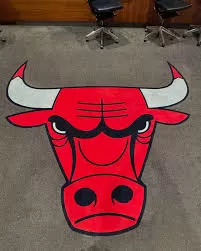
The Chicago Bulls are not alone in facing this dilemma. Several other professional sports teams, including those in the NFL, MLB, and NHL, have faced similar challenges when supporting causes that align with social justice movements. Whether it’s Pride Night, Black Lives Matter, or other political causes, sports teams have been forced to navigate the delicate balance between doing what they believe is right and protecting their bottom line.
The ultimate question for the Chicago Bulls will be how they manage the fallout and whether they can rebuild their relationship with their fans and sponsors. The team’s leadership will need to carefully consider how they engage with social issues moving forward and whether they can find a way to unite their diverse fan base while also staying true to their values. For now, the Bulls are learning a difficult lesson in the complex relationship between sports, politics, and economics.
